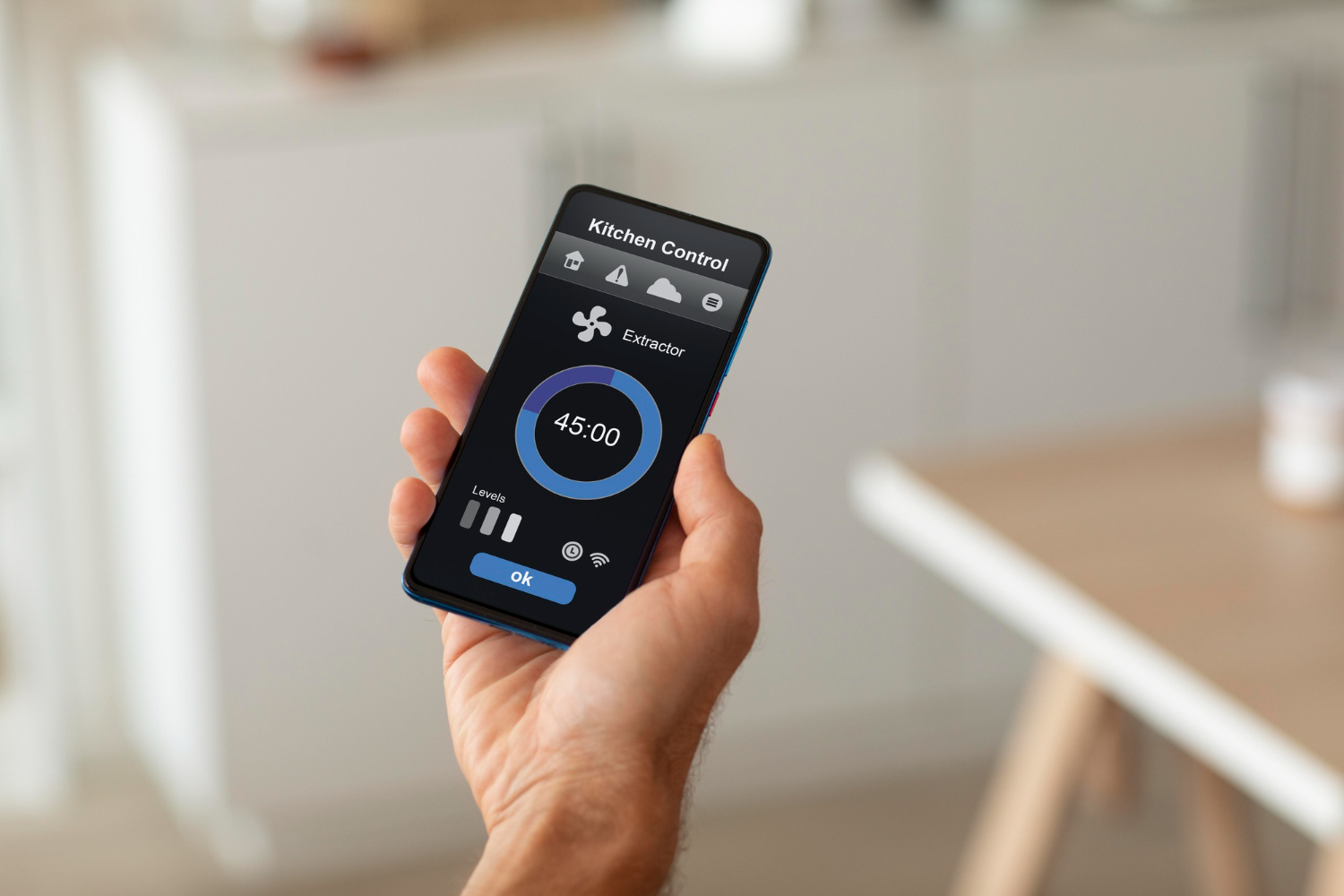As the world becomes more connected, technology is offering a wealth of opportunities to enhance our daily lives. For seniors, smart home technology can be especially beneficial, offering tools that not only improve convenience but also promote safety, independence, and peace of mind for both seniors and their families. From voice-controlled systems to health-monitoring devices, here are some of the best smart home tools designed specifically to help seniors age in place.
1. Smart Speakers and Voice Assistants
Voice-controlled devices like Amazon Echo (Alexa), Google Nest Hub, and Apple HomePod can be game-changers for seniors who may have limited mobility or are hesitant to learn complex technology. With a simple voice command, seniors can:
- Control lighting, thermostats, and other smart devices without needing to get up or manipulate switches.
- Set reminders for medications, appointments, or daily tasks.
- Make hands-free calls or send messages to family members, caregivers, or emergency services.
- Play music or audiobooks, which can be a form of entertainment or a way to keep the mind active.
These voice assistants can be customized to fit the needs of the individual, making them an excellent tool for anyone with limited physical abilities or cognitive decline.
2. Smart Medical Alerts and Fall Detection Systems
Falls are one of the most common causes of injury among older adults, and preventing them—or being able to respond quickly when they occur—is a priority for many families. Smart fall detection systems and medical alert bracelets can make all the difference in keeping seniors safe.
- Medical alert systems like Life Alert or Bay Alarm Medical allow seniors to press a button to summon help in the event of an emergency.
- Smart wearable devices such as Apple Watches or specialized fall detection devices (e.g., GreatCall Lively) can automatically detect if a senior has fallen and send alerts to emergency contacts, reducing response time in critical situations.
For seniors who may not be able to physically reach a phone or press a button in a fall, these devices can offer peace of mind and increase safety around the home.
3. Smart Home Security Cameras and Sensors
Smart cameras and security systems provide a vital layer of protection for seniors living alone. They offer real-time monitoring and allow both seniors and their caregivers to monitor the home’s safety remotely.
- Smart doorbell cameras like Ring let seniors see who is at the door without having to get up or open it. This can be particularly useful if mobility is limited or for seniors who feel uncomfortable answering the door to strangers.
- Motion sensors and security cameras can monitor movement in and around the home. Many systems send alerts if there’s unexpected activity, helping caregivers or family members keep an eye on things from afar.
These tools can be especially helpful for providing a sense of security, which is important for mental and emotional well-being.
4. Smart Lighting and Environmental Controls
Managing the home environment becomes easier with smart lighting and climate controls. Seniors can benefit from systems that adjust to their needs, promoting safety, comfort, and energy savings.
- Smart lighting systems like Philips Hue or LIFX allow users to control the brightness and color of lights through a smartphone app or voice command. This can help seniors avoid accidents caused by insufficient lighting, especially at night.
- Smart thermostats like Nest or Ecobee can learn a senior’s preferences and adjust the temperature automatically, ensuring the home stays comfortable without requiring constant manual adjustments.
These devices not only make life easier but also reduce energy waste, which can be particularly beneficial for seniors on fixed incomes.
5. Smart Kitchen Gadgets
For seniors who may have difficulty with cooking or managing kitchen tasks, smart kitchen gadgets can help maintain independence while reducing risk.
- Smart stoves and ovens equipped with safety features, like automatic shut-off or remote control via smartphone, help prevent accidents such as leaving the oven on.
- Automatic pill dispensers or medication management systems (such as MedMinder or Hero) ensure seniors take the correct dosage at the right time. These devices can send reminders and even dispense the medication automatically.
These tools can make daily tasks safer and easier, enhancing the senior’s sense of autonomy and well-being.
6. Health and Wellness Monitoring Devices
With the rise of wearable technology, many seniors are using smart devices to monitor their health, providing real-time data that can be shared with doctors or caregivers.
- Smartwatches like the Apple Watch or Fitbit track steps, monitor heart rate, and provide alerts for abnormal readings. Some models also offer ECG (electrocardiogram) capabilities and detect irregularities that might signal a medical issue.
- Blood pressure monitors, glucose meters, and other health monitoring tools can sync with mobile apps to keep track of vital statistics. Seniors can easily share this data with healthcare providers for more informed care.
These devices not only support health management but can also help detect early warning signs of health issues, providing an extra layer of protection.
7. Remote Monitoring for Caregivers
For families and caregivers, smart home technology allows for remote monitoring of seniors. Systems that track daily activities, location, and health data can provide a way for caregivers to keep an eye on loved ones without being physically present.
- Smart home hubs can integrate various devices, providing a centralized platform for monitoring everything from fall detection to environmental controls.
- Health monitoring apps like Carepredict or WellSky offer data analytics and can alert caregivers if there are signs of concerning patterns (e.g., changes in sleep habits, reduced activity levels, etc.).
This allows caregivers to respond to any issues promptly, offering both the senior and the caregiver more peace of mind.
Conclusion: Enhancing Independence and Safety
The right smart home technology can make a significant difference in the lives of seniors, promoting greater independence, safety, and overall quality of life. These tools not only offer convenience but also allow seniors to live with greater confidence in their own homes. Whether it’s a smart speaker to assist with daily tasks, a fall detection system for emergencies, or health monitoring devices to track wellness, the possibilities are endless.
For seniors and their families, investing in smart home technology is a step toward maintaining independence while ensuring a safe and comfortable environment. As these technologies continue to evolve, we can only expect even more innovations that will help seniors live fuller, healthier lives while aging in place.

